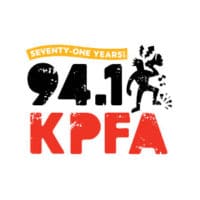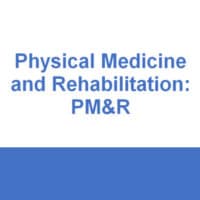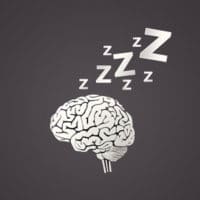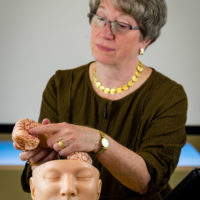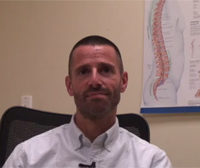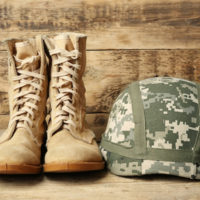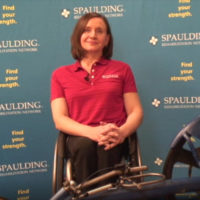Archive
Brain Injury Diagnosis & Treatment
How are traumatic brain injuries diagnosed, and what treatment is recommended for concussions and other brain injuries?
The Shaken Brain with Mark Gilson featuring Elizabeth Sandel, M.D.
Mark Gilson WRFG Atlanta interviews Dr. Sandel. The interview is accompanied by thematic music about the brain and includes a discussion with Dr. Sandel on medical and societal issues related to brain injuries.
Nurse Rona Interviews Dr. Elizabeth Sandel
Nurse Rona Renner of KPFA interviews Dr. Sandel about her book, Shaken Brain. They discuss the many causes of concussions and how patients are best evaluated and treated. She fields questions about the neurodegenerative conditions that are associated with brain injuries, especially repetitive brain injuries.
The Medical Specialty of Physical Medicine and Rehabilitation
A physiatrist (physical medicine and rehabilitation physician) treats disorders of the muscles, bones, and nervous system, and may practice in inpatient or outpatient settings. Physiatrists usually provide care with other rehabilitation providers such as physical, occupational, and speech therapists, and may work in teams for patients with catastrophic injuries or complex disorders, especially in rehabilitation hospitals.
Rest Assured: Quality Sleep Supports Recovery From Brain Injury
Sleep disturbances are common after brain injury and require comprehensive evaluation and management. Other sleep disorders such as difficulty falling asleep, staying asleep, and excessive daytime sleepiness are common. Some patients with brain injuries develop sleep apnea, and screening for this disorder is important because of the risk of hypoxia and strokes that lead to additional brain injury.
Brain Injury Medicine: My Journey
Brain injury medicine requires additional training for neurologists, physiatrists, and psychiatrists to become board certified. The field is growing but a shortage of physicians with this specialized training is a challenge for patients to find expert care.
Concussion in Youth Sports
Dr. Andrew Judelson, a physiatrist and sports medicine physician at Spaulding Rehabilitation Hospital, discusses sports-related concussion evaluation and treatment at his outpatient clinic on Cape Cod.
TBI in Active Military and Veterans
Military blast injuries can impact the brain, the lungs, the heart, and other organs in the body. Early diagnosis is very important. Dr. Sandel discusses brain injuries in the military with physiatrist Dr. Hetal Lakhani and her patient, Richard Reeves.
Concussion in ParaSport
Dr. Cheri Baluwet, a Paralympic athlete, physiatrist and sports medicine physician, has insights on concussion in Paralympic sports, and the differences in evaluation, prevention, and management for these elite athletes.
The Eyes are Key to Concussion Diagnosis and Treatment
Dr. Jacqueline Theis is a neuro-optometrist who specializes in the evaluation and management of athletes and other people who have experienced one or more concussions. She also speaks from her own experience of having had concussions playing soccer, and having difficulty finding experts.
Dr. Sandel Discusses Concussion Risks for Children
Dr. Sandel discusses concussion risks and prevention strategies for children on Mom Talk Radio. She talks albut diagnosis, recovery, and talking to kids about concussion. She has lots of advice about nursery products and playground injuries, and suggestions about websites for more information.
Girls in sports have higher rates of concussion, longer symptoms. Researchers ask why.
Dr. Sandel comments on the many possible reasons proposed for differences in concussion incidence and why males and females playing the same sport may have different rates of concussion and recovery times.
A Follow-Up Interview with Dr. Seth Fischer
Dr. Seth Fischer talks about his concussion recovery, his chronic symptoms, and insurance and legal issues he has faced. This is the second of two interviews. In the previous interview, Dr. Fischer tells the story of a bicycle-car crash that resulted in his having headaches and other chronic symptoms from…
Keep up to date
Get updates on the latest in concussion, brain health, and science-related tools from Dr. Elizabeth Sandel, M.D.
By clicking SIGN UP, you agree to receive emails from Dr. Sandel and agree to our terms of use and privacy policy.

